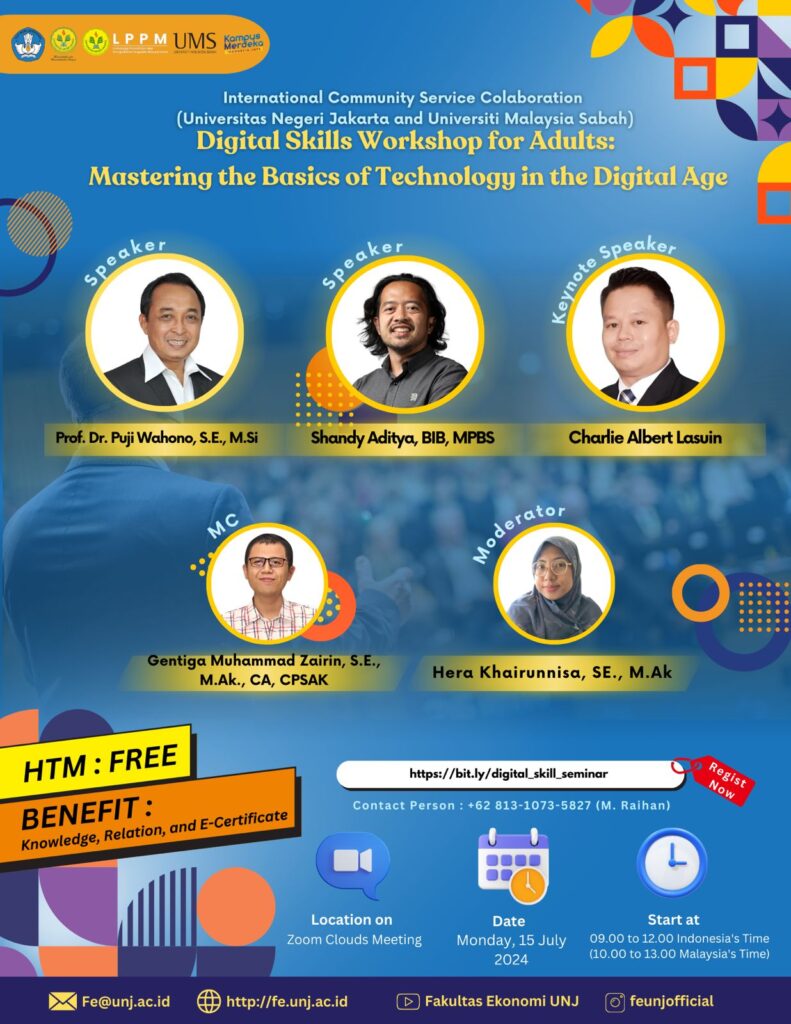
Ethical principles in data collection include informed consent, transparency and data sharing, confidentiality and anonymity, and avoidance of harm. Informed consent ensures that participants are aware of their participation and agree voluntarily. Transparency and data sharing increase the credibility of research by allowing others to verify the findings. Confidentiality and anonymity keep participant data private and cannot be traced back to the participant. Avoiding harm involves identifying and minimizing risks to participants, including discrimination, stigma, economic loss, or emotional stress.
Mr Prof. Dr. Puji Wahono provides two case studies to illustrate these ethical principles. First, the Cambridge Analytica case shows the violation of privacy, lack of transparency and honesty in collecting data from Facebook users without their consent. Proposed solutions include strong privacy policies, informed consent, and stricter regulation. Second, the case of data manipulation in Greek economic reports which shows violations of honesty and accuracy as well as a lack of responsibility. Proposed solutions include strict audit and data verification procedures, transparency, and regulatory enforcement.
In conclusion, Mr. Prof. Dr. Puji Wahono emphasized that informed consent, confidentiality, transparency, and avoiding harm are key principles in responsible data collection. These ethical considerations increase the credibility of economic research and its positive impact on society. He also encouraged the audience to continue discussing and exploring data ethics in economic research.
After delivering the material, Mr. Prof. Dr. Puji Wahono, S.E., M.Sc. Regarding Responsible Data Gathering: an Introduction for Economists, the agenda continued with a presentation by Mr. Shandy Aditya, BIB., MPBS. regarding Social Media and Data Privacy: a Symbiotic Relationship in the Digital Era, discussing various important aspects related to social media ethics and data privacy. Mr Shandy Aditya explained the moral principles and values that guide behavior on social media platforms, including respect for user data and consent, as well as clear data collection practices. He emphasized the importance of making a clear distinction between organic and sponsored content, as well as ethical ad targeting practices. Mr Shandy Aditya also discussed content moderation, focusing on the balance between free speech and preventing harm, as well as consistent application of community guidelines.
Additionally, Mr Shandy Aditya discussed digital wellbeing, including features for managing screen time and mental health considerations in platform design. He also highlighted the importance of content verification to address misinformation and disinformation, as well as respecting diverse cultural norms and values. In terms of personal data security, Mr. Shandy Aditya explained data minimization, breach prevention and response, and user empowerment through detailed privacy settings and data portability options. He also emphasized the importance of sharing data with third parties through partner screening and clear user consent processes, as well as physical security and transparency in privacy policies.
Mr. Shandy Aditya highlighted the important role of universities and students in developing policies, education and research related to social media ethics. Universities are expected to integrate digital literacy into curricula and partner with technology companies to address ethical challenges. Students are also expected to practice ethical behavior on their personal accounts and engage in peer education to increase awareness. He also discussed the Asian landscape regarding personal data security, including the implementation of comprehensive data protection laws, data localization trends, and challenges faced by technological advances such as AI and IoT.
In addition, Mr. Shandy Aditya explained the importance of collaboration between various stakeholders, including student-led collaborative initiatives, corporate outreach, and policy advocacy. When it comes to personal data security, he emphasizes practices such as the use of password managers, two-factor authentication, device updates, encryption, data backup and awareness of phishing attempts. Through this material, Mr Shandy Aditya provides comprehensive guidance on how individuals, educational institutions and companies can approach social media ethics and data privacy in the digital era. (M. Raihan Nur Ma’ruf)
You may also like
-
Management Event: Talkshow Prestasi 2024
-
Simak Rangkaian Kegiatan PAS 1 PKKMB E&A 2024
-
PKKMB UNJ 2024/2025 jadi Momen Bersejarah dengan UNJ Resmi Berstatus PTNBH
-
Mempererat Koneksi: Kunci Sukses di Dunia Kerja
-
Seminar Towards a Sustainable Economy: The Role of ESG In Improving Corporate Sustainability Reporting Performance